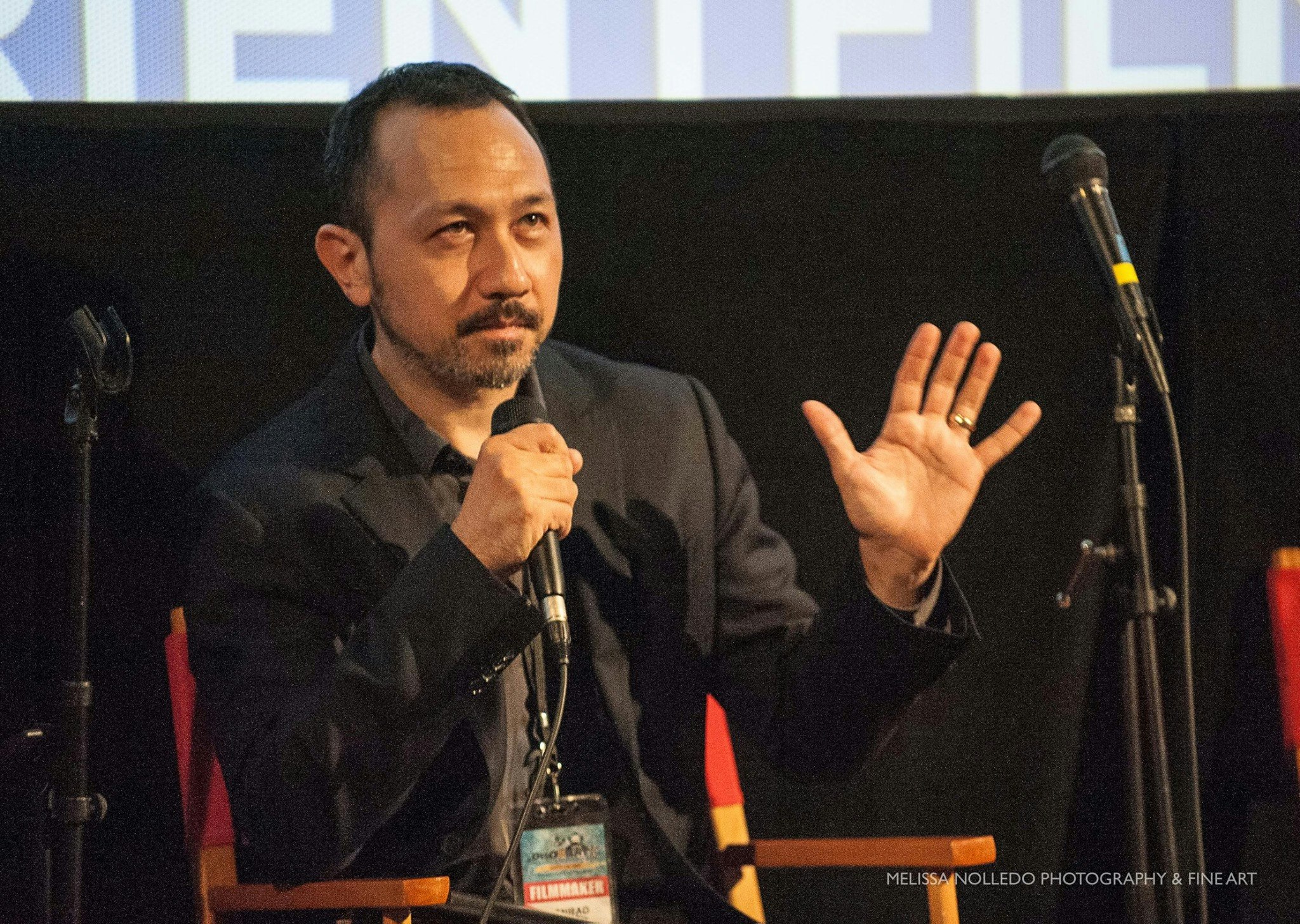kino cinema; film. First recorded in 1925–30; from German, shortened form of Kinematograph, from French cinématographe “movie camera/projector.”
kibei (帰米, literally "go home to America") was a term often used in the 1940s to describe Japanese Americans born in the United States who returned to America after receiving their education in Japan.
What is Kino Kibei?
Kino Kibei is a narrative film project telling true-to-life stories of Japanese people in the United States as transnational citizens.
In the 20th Century, Japanese Americans faced exclusion and incarceration. But they wrote their own literature in their own language. White supremacist America demanded they choose between the U.S. and Japan. To attempt to fend off racist wartime suspicions , the young leadership of English-speaking, Japanese American nisei marginalized the kibei and issei.
Kibei were sent by their parents to Japan for education in the 1920s and 1930s. They returned to a United States hurtling toward war with Japan, and found themselves under suspicion from the government and their own community. As they endured forced removal and incarceration, some chose to serve in the U.S. armed forces and use their language skills in service of the war effort. Others, feeling deeply betrayed by the "loyalty questionnaire," became outspoken dissidents against the incarceration regime.
Recently Asians have come under attack due to racism revived during the covid-19 pandemic, and elected officials have normalized telling dissidents of color to "go back to their home country." Historians in the U.S. have long viewed the immigration of Asians through an assimilationist lens. But current scholarship recognizes that the assimilation model is obsolete.
More than 80 years after mass incarceration, the literature of binational, bilingual Japanese Americans remains largely unknown. Kino Kibei is bringing the power of cinema to illuminate their stories and engage audiences in the U.S. and Japan.

Director's bio
Konrad Aderer is an award-winning filmmaker whose documentary Resistance at Tule Lake was broadcast on PBS from 2017-2020. He began his career as a stage and film actor, appearing in principal roles in films including the Independent Spirit Award-nominated feature Ignatz and Lotte, and in classical roles Off Broadway and in regional theatres. He is excited to be returning to drama as a director.
